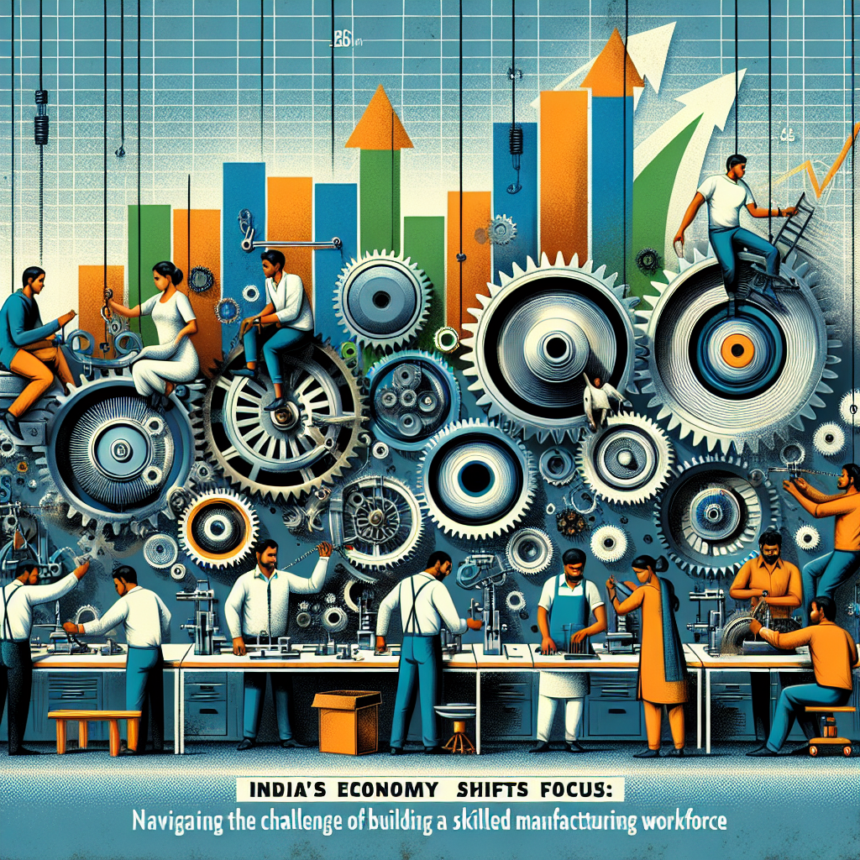India is facing a critical challenge as it strives to shift its economy from a heavy reliance on software and IT services towards manufacturing. The looming obstacle? Creating a skilled and competent manufacturing workforce.
In recent years, India has made significant strides in becoming a technological hub and a leader in software development. However, with the global landscape changing and the demand for manufacturing increasing, the country must now focus on developing a workforce that can meet the demands of this shifting economy.
One of the biggest hurdles India faces is the lack of skilled workers in the manufacturing sector. While the country has a large youth population, many lack the necessary training and education to excel in manufacturing jobs. This has led to a mismatch between the skills employers need and the skills available in the labor market.
To address this issue, the Indian government has launched various initiatives aimed at upskilling the workforce and promoting vocational education. These programs seek to equip individuals with the necessary technical skills and knowledge to succeed in the manufacturing sector.
Despite these efforts, there is still a long way to go in bridging the skills gap in India’s manufacturing workforce. Companies are increasingly looking for employees who possess a combination of technical skills, problem-solving abilities, and adaptability. Without a strong foundation in these areas, India risks falling behind in the global manufacturing race.
In order to thrive in the manufacturing sector, India must prioritize investing in education and vocational training. By equipping its workforce with the skills needed to succeed in manufacturing, the country can position itself as a competitive player in the global market.
In conclusion, while India faces significant challenges in repositioning its economy towards manufacturing, with the right investments and initiatives in place, the country has the potential to become a powerhouse in the industry.
My opinion on this matter is that India must prioritize investing in education and vocational training to address the skills gap in its manufacturing workforce. By providing individuals with the necessary tools and resources to succeed in the sector, the country can position itself as a global leader in manufacturing. Additionally, promoting a culture of lifelong learning and skill development will be crucial in ensuring the long-term success of India’s manufacturing industry.


